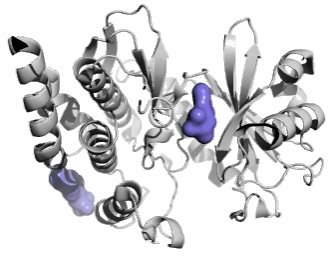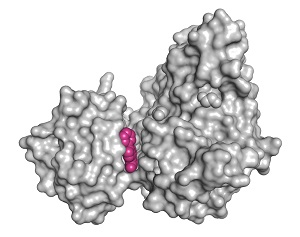Ligand-Friendly Screen
The Ligand-Friendly Screen (LFS)4 has been one of the two primary coarse screens of the Structural Genomics Consortium (SGC) in Oxford since 2004; at last count, it had produced 190 novel structures over 10 years. The LFS is described in Ng, J. T. et al, 20153. Developed at the SGC, Oxford by the same group who created the successful BCS screen, launched last year and based on the popular PACT screen4 created by Janet Newman at the Collaborative Crystallisation Centre, CSIRO.
Product Information
Key Features:
- Identify more tight-binding ligands, as it contains no components that are likely to bind at protein-ligand interaction sites.
- Near physiological pH conditions ensure you are studying the active form of your protein.
- More hits for rarely-crystallising proteins. The semi-systematic format of the screen provides multiple trials of similar conditions - an important factor for difficult cases.
- Increased hit rate for ligand co-crystallisations – the semi-systematic format efficiently screens around related conditions when complex formation alters crystallisation conditions.
- In use at the SGC for more than 10 years, crystals grown in the screen conditions have resulted in 190 structures so far, including those of Haspin and CLK3 in recent publications.


